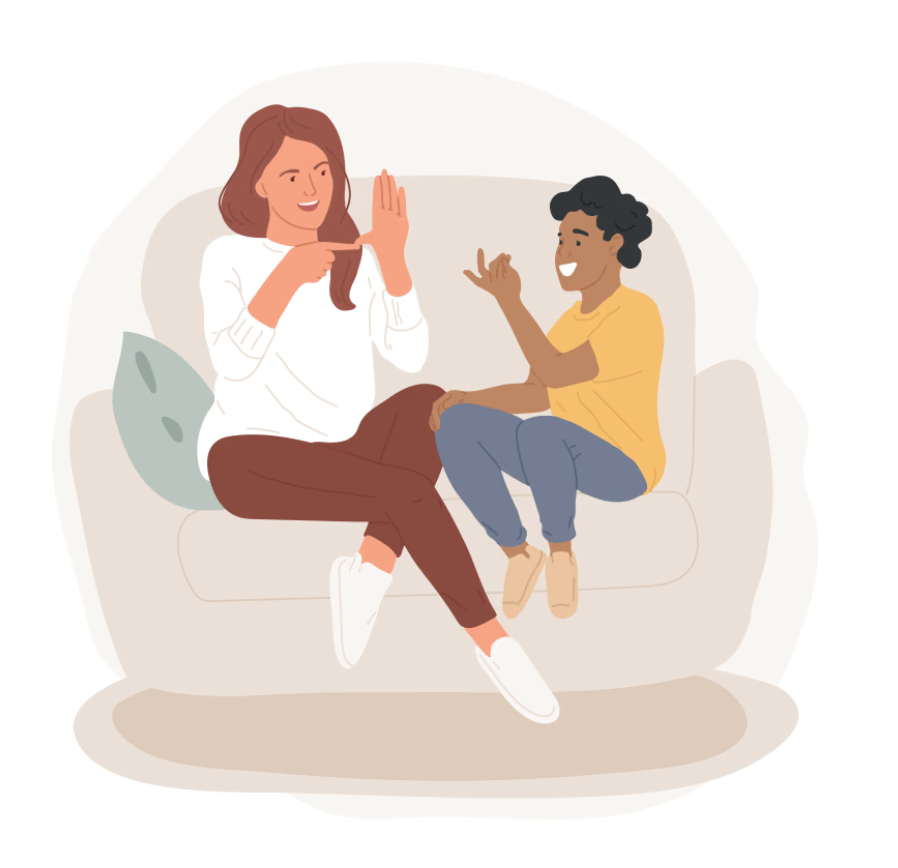How Do You Know if You're Addicted to Weed?
- Narda Skov
- Apr 19, 2023
- 4 min read

I have often wondered (argued) with young people (and adults) that marijuana can be misused and abused and I am excited to share this article with all of you. It is possible to become hooked on marijuana. It's called cannabis use disorder. Please take a look at this article for parents from the NY Times, Dana G. Smith. Hope it helps begin or support any conversation(s) you may be having with your kids.
Despite the common misconception, people can become addicted to cannabis just as they can with other drugs, like alcohol or cocaine. As more states either decriminalize or legalize cannabis, more people are using it than ever before. According to the National Survey on Drug Use and Health, in 2021, approximately 19 percent of Americans 12 and older used cannabis, and nearly 6 percent of teenagers and adults qualified as having cannabis use disorder - the clinical name for addiction.
"Most people who use cannabis do not have problems related to their use and are not going to develop a cannabis use disorder," said Dr. Ayana Jordan, an associate professor of psychiatry at NYU Langone Health. But, she added, "just because cannabis is being legalized doesn't mean that there is not any harm associated." (Note: Dr. Jordan believes it should be legalized).
The potential consequences of cannabis use disorder are not as severe as with other drugs like opiates, where overdose deaths are a dire concern. But cannabis addiction can cause a "dramatic decrease in quality of life," said Dr. Christina Brezing, an assistant professor of psychiatry at Columbia University.
Signs of Addiction
The American Psychiatric Association's Diagnostic and Statistical Manual of Mental Disorders, Fifth Edition defines cannabis use disorder using 11 criteria that loosely fall into four symptom buckets (the same diagnostic criteria apply for all substance use disorders). If you meet at least two of the criteria below, you qualify as having a use disorder.
Loss of Control: Taking more of the drug or using it more frequently than you intend to; spending a great deal of time obtaining or using cannabis; having an uncontrollable urge, or craving, to use it; trying to stop or cut back and not being able to.
Interpersonal Consequences: Forgoing other social or recreational activities in order to use cannabis; experiencing interpersonal conflicts as a result of your cannabis use; failing to fulfill obligations at work or at home as a result of use.
Risky Use: Putting yourself in potentially dangerous situations as a result of obtaining or using cannabis; continued use despite negative physical and psychological effects.
Physical Dependence: Developing tolerance - having to use more of the drug to achieve the same effect; experiencing withdrawal symptoms when you stop using cannabis, like insomnia, irritability, anxiety, depressed mood and decreased appetite.
Risk Factors
There are a few risk factors that can increase someone's likelihood of developing cannabis use disorder. One is starting to use the drug as a teenager. "Cannabis use disorders occur in all age groups, but it's primarily a disease of young adults," said Dr. David Gorelick, a professor of psychiatry at the University of Maryland School of Medicine. "And there is evidence that the younger the age at which you start cannabis use, the faster you'll develop cannabis use disorder and the more severe the disorder will be."
Having another psychiatric diagnosis, such as anxiety, depression, post-traumatic stress disorder or attention deficit hyperactivity disorder, is also associated with an increased risk. One possible reason for the overlap is that some people self-medicate with cannabis, and the heavier a person's use, the more likely they are to develop physical dependence. "I would say if you're smoking daily and in larger amounts, it's going to be hard not to develop tolerance and withdrawal," Dr. Brezing said. "But it's possible not to have a cannabis use disorder and to use daily".
Treatment Options
There are no medications approved to treat cannabis use disorder, but addiction psychiatrists will sometimes prescribe medications that can help alleviate withdrawal symptoms, including a lack of appetite and insomnia. Most interventions for cannabis use disorder involve different types of therapy, such as motivational enhancement therapy and cognitive behavioral therapy. These are aimed at helping people develop coping strategies to deal with cravings or a desire to use.
"You try and deal with triggers," Dr. Jordan said. "You try to really figure out what is the motivation for you to stop using altogether and really strengthen those motivations."
Therapy can also be helpful for people dealing with underlying psychiatric issues that might be prompting their use. Seeking therapeutic help to manage feelings in healthier ways is recommended. Many patients say that the clarity after reducing or stopping cannabis use is worth seeking therapeutic help.
If you feel that you, or someone you know, is experiencing a cannabis use disorder please visit or call the following resources:
American Academy of Child & Adolescent Psychiatry: Marijuana and Teens
Center for Disease Control and Prevention (CDC.gov): Teens and Marijuana
Substance Abuse and Mental Health Services Administration (SAMHSA) National Helpline: 1-800-662-HELP (4357)
Treatment centers are located throughout the SF Bay Area and California and can be recommended by your pediatrician or other trusted medical professionals.




Comments